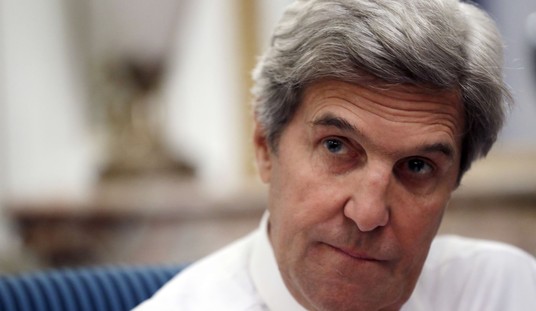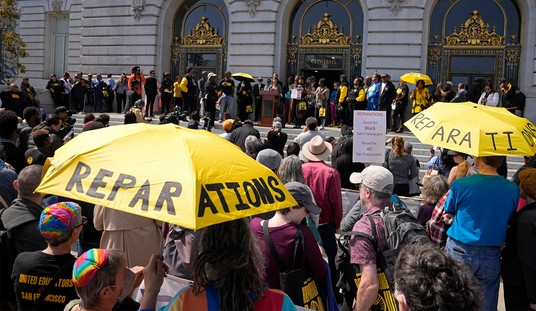On Saturday, it will be exactly 250 years since a ragtag militia of earnest colonists stood on the Lexington green and faced six companies of British regulars.
Under the command of John Parker, a veteran of the French and Indian wars and a respected townsman, the small group of patriots had been mustered early in the morning after being warned by Paul Revere and William Dawes that the King’s soldiers were on their way from Boston.
The Redcoats were under the command of an officer who was contemptuous of Americans. If any other British officer besides Major John Pitcairn had been in command, the rest of the day may not have resulted in so much blood being spilled.
The Lexington militia was not in an attack formation. They were not intent on blocking the road. They were, by all reports, in a parade ground formation, and Parker had them stand “at arms” as a show of defiance. That was the extent of their hostility.
Pitcairn rode up and demanded that the militia lay down their arms. Parker ordered his men to disperse and go home. But few heard him because of the confusion and the shouting by the regulars who were now trying to surround the militia.
It wouldn't have mattered. Pitcairn was of a mind to teach the colonists a lesson anyway. Shortly thereafter, he had his excuse when a shot rang out.
No one knows who fired first. A 1988 TV miniseries titled "April Morning" depicted actor Rip Torn portraying a radical colonist hiding in the bushes behind the militia firing the "shot heard 'round the world." Fanciful, to be sure.
Whoever it was, it wasn't important. The two sides were going to clash at some point soon after, perhaps when the British moved on to Concord.
The British fired a volley that killed eight militia men and wounded several others. After bayoneting some of the wounded, they moved on to Concord.
Word of the confrontation at Lexington spread like wildfire across the countryside in Middlesex County, and by the time the British got to Concord, the hills between the North Bridge and Boston were swarming with patriots. They found no supplies at the armory — the patriots had hidden them the day before.
Meanwhile, the confrontation at North Bridge between several companies of patriots and British regulars marked the first real battle of the war. Militias from dozens of surrounding towns were showing up along the road back to Boston, which made the long march a deadly gauntlet for the British, as the 700 regulars who started the mission were under constant fire. British losses were more than a third of their force, and by the next day, fully 15,000 Massachusetts militia men were outside of Boston.
It's difficult at this distance to fathom the depth of anger and hate the colonists felt after seven years of British occupation of Boston. Just read the Declaration of Independence, which is primarily a list of grievances that Massachusetts sent to the King about what his troops were doing in Boston and New England.
"Commemorating the April 19, 1775, skirmishes at Lexington Green and Concord Bridge begins a celebration that will culminate July 4, 2026," writes George Will in The Sun.
These almost 15 months will inflame the perpetual scolds who, examining this nation’s history with a disapproving squint, see little to celebrate.
In the half-century since the bicentennial, however, many Americans have developed a deeper, sturdier patriotism. They have benefited from historians who demonstrate how mature minds can combine unblinking assessments of history’s inevitable mistakes, cruelties, tragedies and sorrows with gratitude for those who persevered, and reverence for what they achieved: a wonderful nation.
There is a balance to be struck in examining American history with a critical eye. Our heroes are all complex people with prejudices and other faults that dim the luster of their halos. Accepting them as human beings broadens our understanding of them and demythologizes them, making them approachable.
The simple men of Lexington and Concord who defied an empire by showing they would not be intimidated by raw military power made the Revolution inevitable and the birth of the United States of America possible.
That's what should be remembered of them, not what they thought about other races, or women, or diversity, equity, and inclusion.
It's unknown two days before the commemoration of the battles whether Donald Trump will attend. I hope he does. Reminding ourselves of what made us great is the president's job and all of our responsibility.
Your favorite PJ Media writers are working hard to bring you the best opinions and news in the business. Support us by becoming a VIP Member! We're giving you a 60% discount on the regular VIP Membership with the promo code "FIGHT." Click here to join and receive your discount.










Join the conversation as a VIP Member